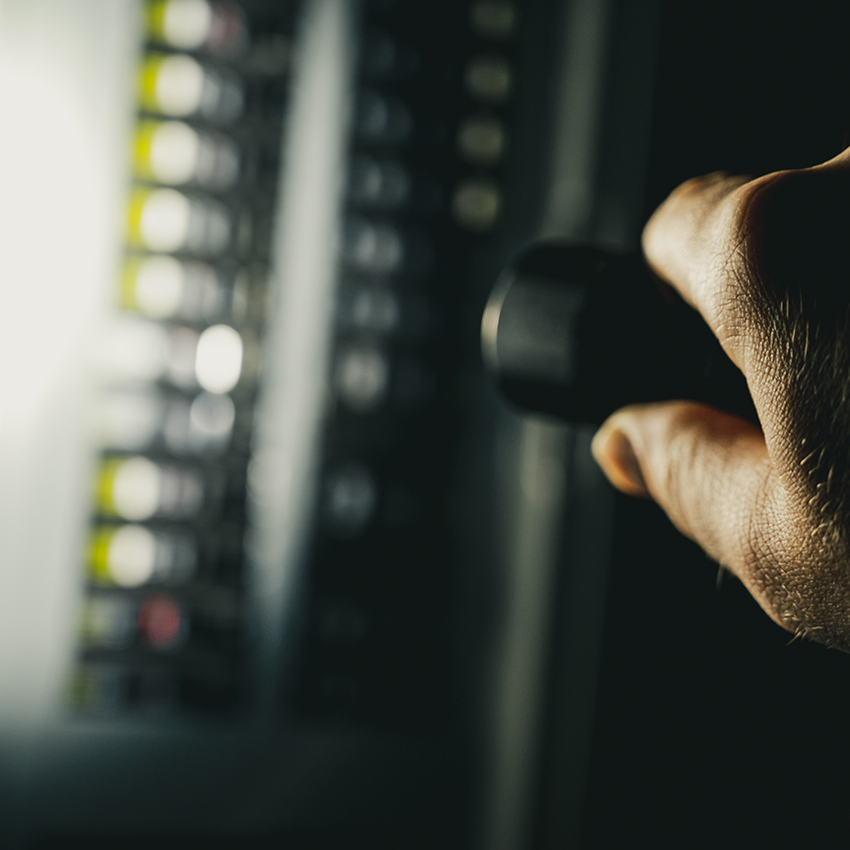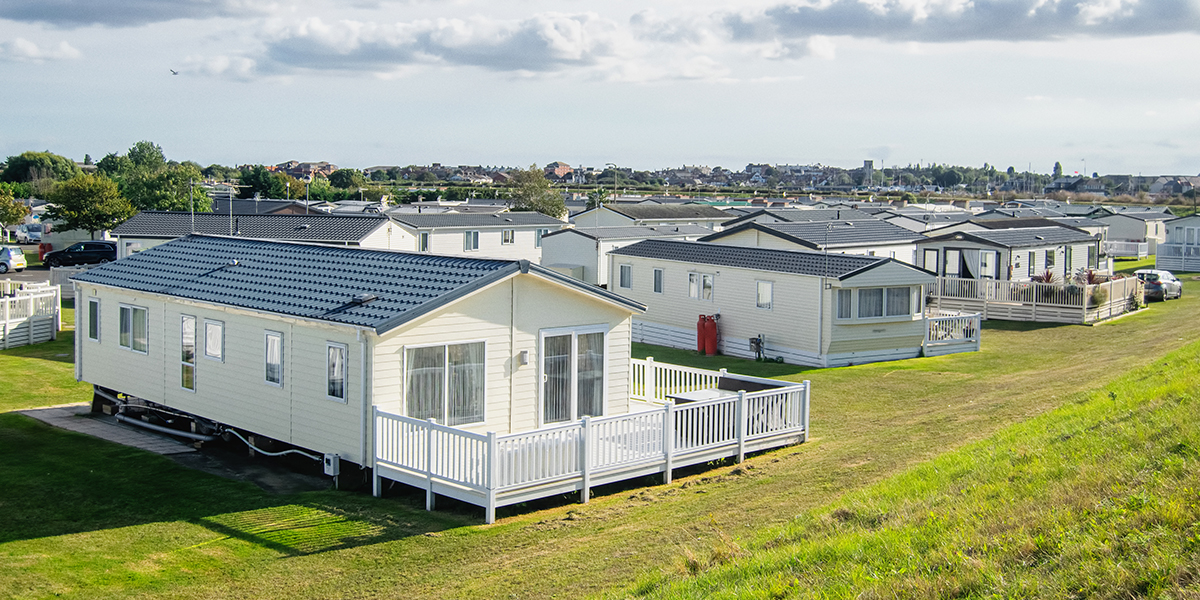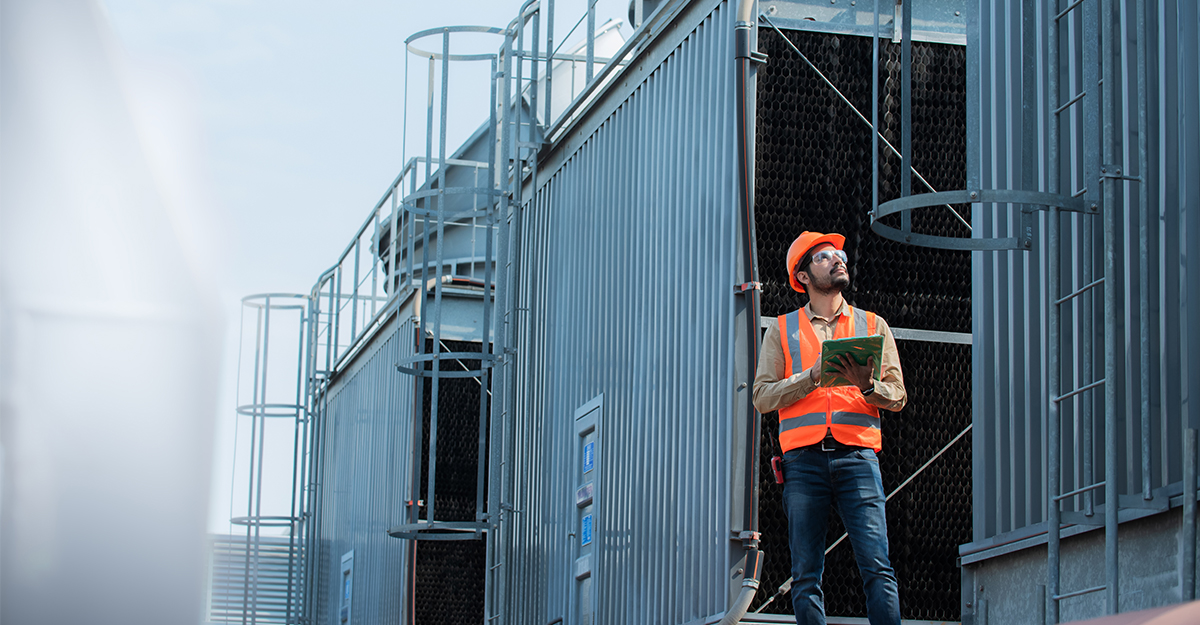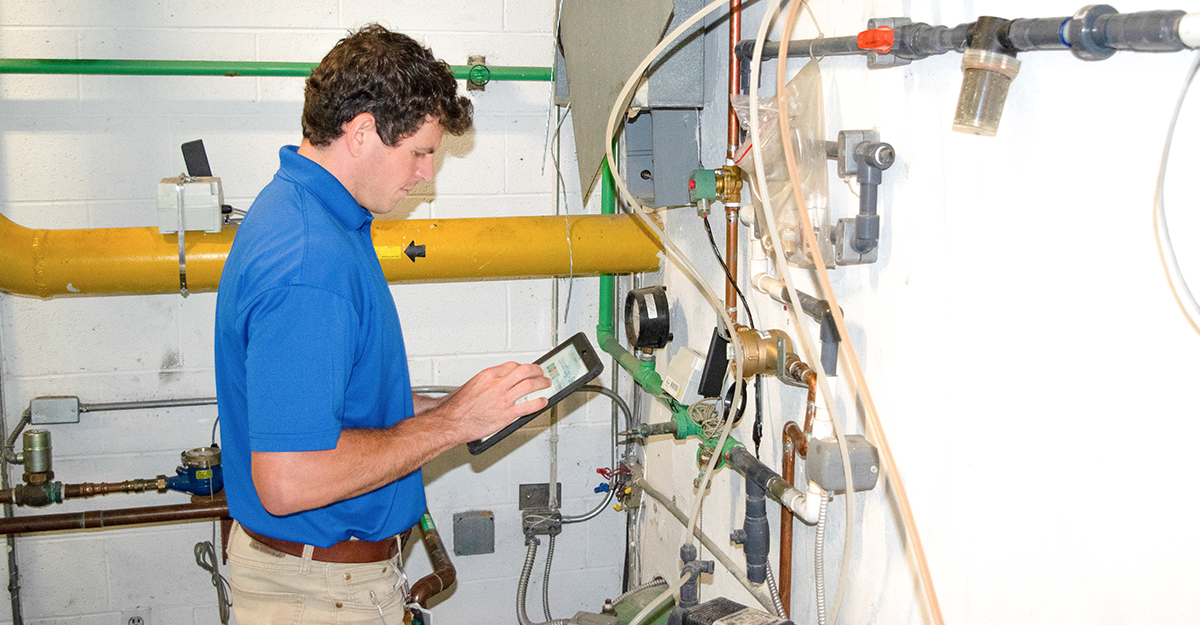Hydration, personal hygiene, cooking, cleaning, and waste removal are all made possible with water; but what happens when the power goes out? In most cases, power outages will come and go in the blink of an eye. However, it’s not unheard of for outages to last days or even weeks, putting both a property and its residents at risk. When the lights go out, you may be asking yourself…
Does the water still work?
It depends.
If your property is hooked up to municipal water, you’ll likely still have water unless the source lacks a generator backup and also loses power. On the other hand, if your source is a well on the property, water flow will cease when the power goes out. The reason being is that a well requires electricity to power the well-pump which, depending on the type of well, can be located more than 1,000 feet underground.
How do I prepare for an outage?
If you have a well, consider purchasing a compatible portable or standby generator to ensure continuous water flow. If you’re hooked up to the grid, a generator will aid in the provision of hot water but is ineffective for water procurement.
Regardless of your situation, it’s important to be prepared in the event of an extended outage. Water holding tanks can be an inexpensive and effective solution, providing valuable peace of mind as well.
How can I protect my plumbing system during an extended outage?
If you expect the power to be out for several days or more, you can protect your building’s plumbing system by…
– Turning the building’s main water valve to the OFF position
– Partially opening your faucets to allow excess water to drain from your system
– Switching off the breaker and gas lines connected to your water heater
With 70 percent of U.S. businesses expected to be affected by a power outage in the next 12 months, there’s no better time than today to start preparing.
Not sure where to begin? Check out the power outage toolkit created by FEMA’s Ready Business program.




